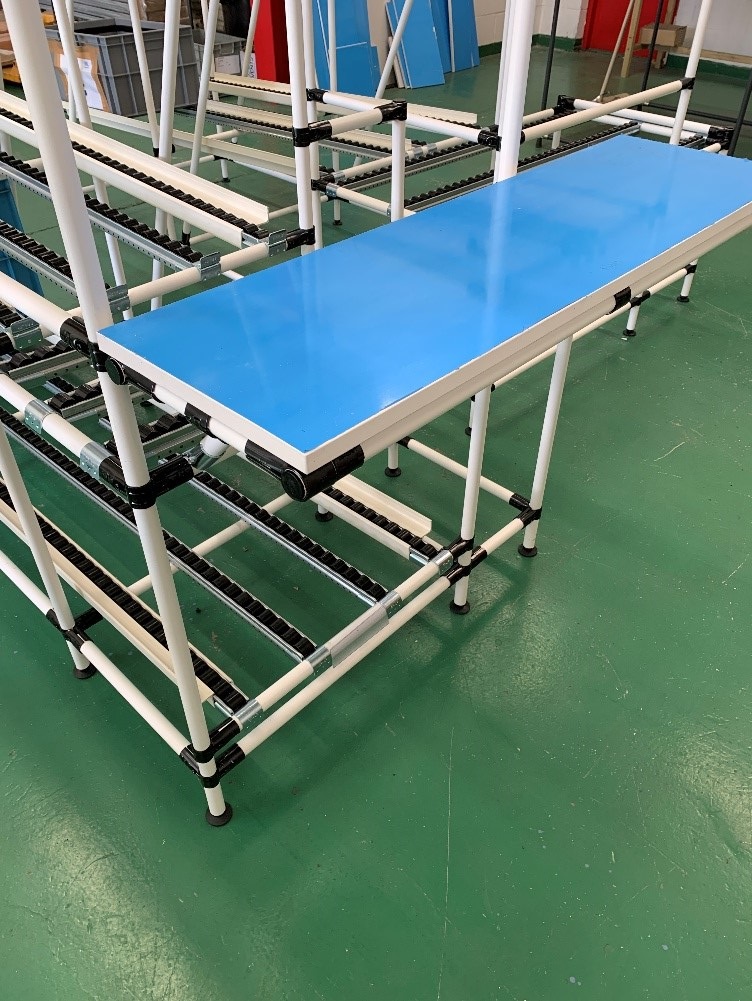After 25+ years in business, JLT Mobile Computers, a leading developer of reliable computing solutions for demanding environments, is making available the benefits of its expertise in a series of free Buyer’s Guides designed to help new and existing customers make the right decisions in optimizing their operations for maximum efficiency and productivity. The fourth guide in the series outlines the five steps to scanner success and covers the many aspects of choosing and buying the right barcode scanning equipment.
As a core technology of modern global commerce, barcode scanning is ubiquitous today. In 2020, barcode scanners to the value of almost US$7bn were sold worldwide, and the market continues to grow. With literally hundreds of different barcode types, each with its special strengths and limitations, finding the right one is not straightforward. The selection and implementation of barcode scanners and related gear for the mobile workforce includes numerous considerations other than just specifications and initial purchase price. Each deployment is different and has different requirements. Different types of technologies may or may not be compatible. Getting it right will boost productivity and motivate the workforce. Getting it wrong has costly implications.
“Embedding advanced barcode scanning capability into an operation isn’t easy,” says Christian Funk, director product marketing at JLT Mobile Computers. “That’s why we created a guide that walks interested readers through five key procurement questions to ask on route to finding the right scanner solution for their specific business needs. Barcode scanning can have enormous payback, but it must be the right equipment and approach, the workforce must be comfortable with it, everything must work together, and everything must be matched to the operation. At JLT, we know from working closely with warehousing customers using our rugged computers all over the world what matters when it comes to scanners and what doesn’t. And in this guide, we’re sharing what we’ve learned about finding the right scanners for the job.”
This fourth free guide in the JLT series – Five Steps to Scanner Success – highlights the key considerations on the way towards a successful and profitable scanner-based data collection implementation. Starting with the rationale and justification for using scanners, readers can become aware of all the issues involved, get an overview of technologies and methods, find out how scanners integrate into overall logistics, and understand the importance of working with the right suppliers.
The guide walks the reader through the relevant points and issues one by one: Why it makes sense to embed advanced barcode technology into the operation; if done right, the benefits of greater control, minimizing errors, and enhanced security are substantial. The guide also covers what the special challenges of scanning in a warehouse operation are; accessibility, the types and conditions of codes that must be read, lighting – it all matters. The reader will learn about scanner types, capabilities, performance, features and what kind of equipment can operate reliably and survive in harsh environments. Knowing what to look out for when choosing from the vast number of scanning equipment available today to make sure that the chosen scanners work with existing infrastructures is essential; the guide outlines the key points to deployment success. And, finally, the reader will learn what to seek for in a scanner supplier; while upfront price is important, it pays to invest in building a relationship with a reliable supplier in the long-term.
The guide also highlights five key take-aways in the quest for success: The scanning gear must reliably function in all environments where the workforce works and with the goods they are handling. It must seamlessly integrate into the operation on every level. Equipment must be able to endure the drops and tumbles and whatever other adversities that can happen. It must be intuitive and easy to use – the workforce will be grateful! And, perhaps most importantly: Work with partners who are experts in the field and can help avoid costly errors.
CLICK HERE TO READ THE FREE GUIDE











